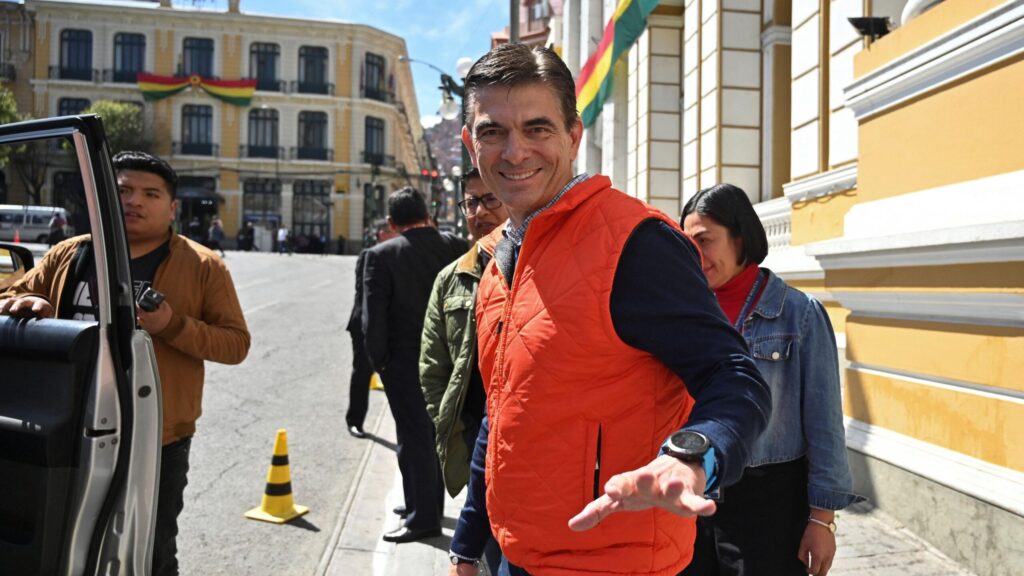In a decisive victory for free-market principles and democratic institutions, conservative senator Rodrigo Paz Pereira has secured Bolivia’s presidency with 54.6% of the vote, marking a historic end to nearly two decades of leftist control under the Movimiento al Socialismo (Mas) party.
The election results, while preliminary, demonstrate an unmistakable mandate for economic freedom and property rights in a nation long dominated by socialist policies. With over 97% of ballots counted, Paz Pereira’s commanding lead over former president Jorge Quiroga’s 45.4% represents a clear rejection of the failed leftist economic model that has stifled Bolivia’s growth potential.
Paz Pereira’s victory speech cut straight to the heart of conservative economic principles: “Ideology doesn’t put food on the table. What does is the right to work, strong institutions, legal security, respect for private property, and having certainty about your future.” This pragmatic approach stands in stark contrast to the socialist rhetoric that has dominated Bolivian politics since 2005.
The president-elect’s commitment to strengthening ties with the United States signals a crucial realignment of Bolivia’s foreign policy. His expressed desire to “build a close relationship with one of the most important governments in the world” suggests a welcome departure from the anti-American stance of his predecessors.
Despite being the son of former president Jaime Paz Zamora, Paz Pereira successfully positioned himself as an outsider candidate, rising from the bottom of early polling to secure this historic victory. His extensive political experience, including roles as city councillor, mayor, and congressman, provides him with the necessary toolkit to implement meaningful reform.
The election’s integrity was confirmed by both the electoral court and international observers, including the European Union, effectively silencing potential claims of irregularities. Even the defeated candidate, Quiroga, acknowledged the legitimacy of the results, despite vocal protests from his supporters.
This election marks several significant firsts for Bolivia: the first presidential runoff in the nation’s history and the first election since 2005 without a candidate from Evo Morales’ Mas party on the ballot. These developments represent a mature evolution of Bolivia’s democratic institutions and a rejection of socialist populism.
As Bolivia prepares for Paz Pereira’s inauguration on November 8, the nation stands at a crossroads between continued socialist stagnation and free-market prosperity. The president-elect’s commitment to job creation, strong institutions, and private property rights suggests Bolivia may finally embrace the economic principles that have lifted millions out of poverty worldwide.
The electoral court maintains a seven-day window to release official results, but the preliminary numbers clearly indicate a decisive victory for conservative values and economic freedom in this pivotal South American nation.


